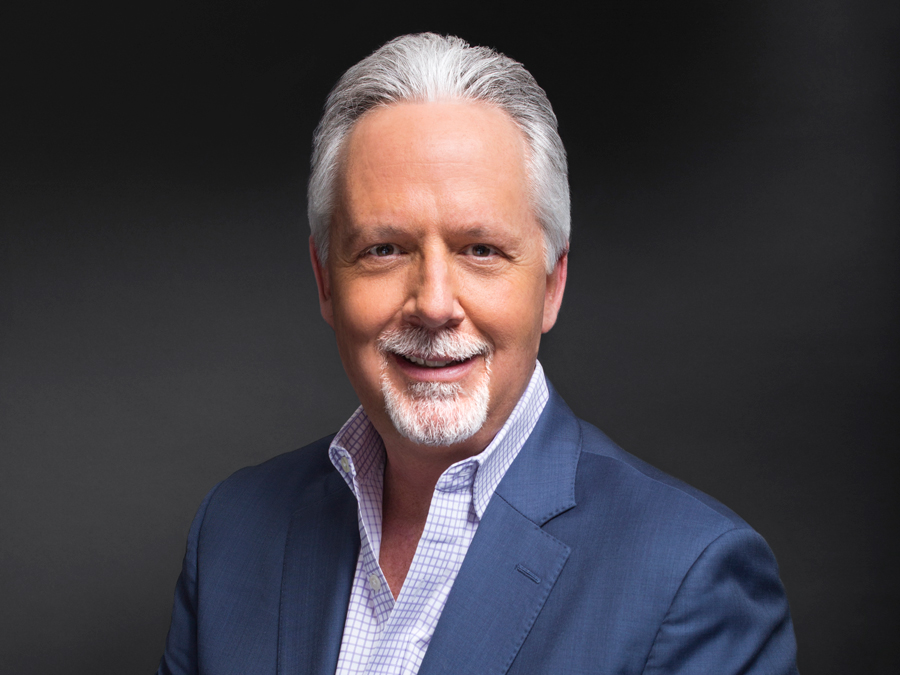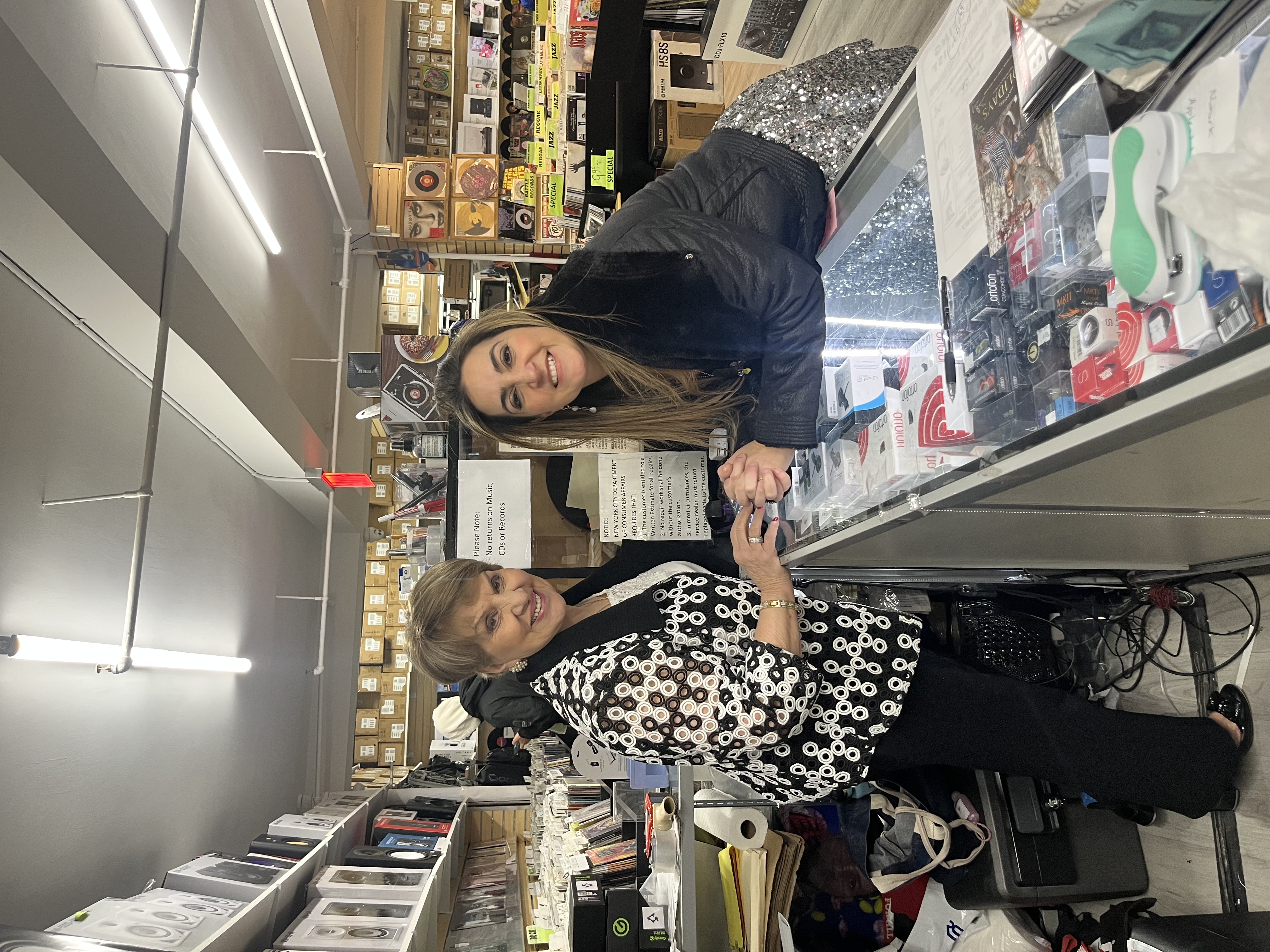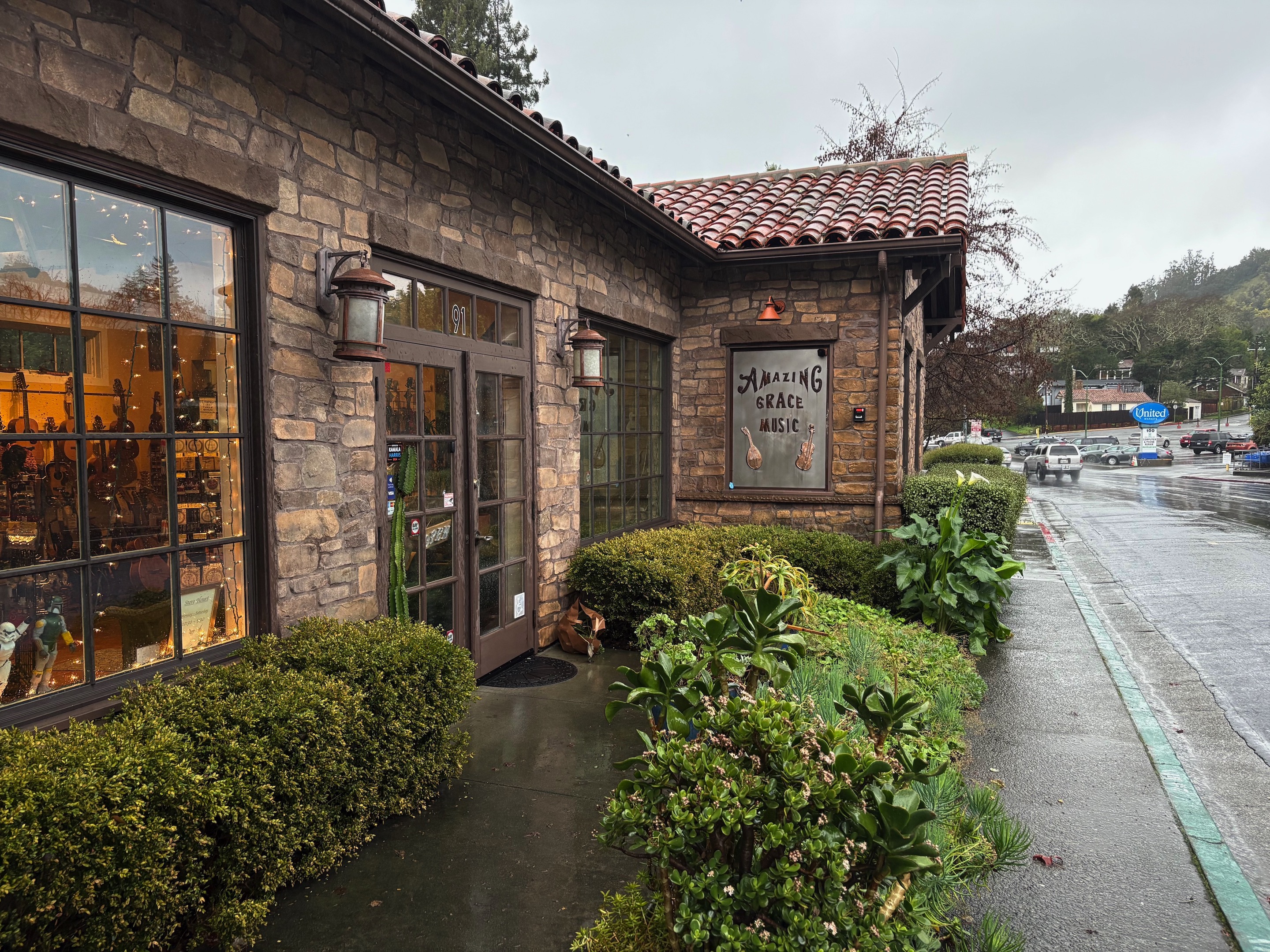
Jeff Rosica, President and CEO of Avid Technology
HQ: Burlington, Massachusetts
Founded: 1987
Employees: Roughly 1,450
Best selling products: Pro Tools and Media Composer
Fun fact: Though not a musician or audio engineer himself, Rosica regularly invests time in learning to use Avid’s tools. “I wish I was a musician, but I have been addicted to music for my whole life,” he says. “I particularly love British rock bands, from the Rolling Stones to Coldplay.”
How do you start your day?
I always start my day the same way — get up, turn the news on, make coffee and check social media. I’m active on Twitter, Instagram and LinkedIn — and if anybody ever wonders, it’s me doing all of the writing and responding. After I complete my social media scan in the morning, I sometimes write a post or two. At the end of the day, I always scan social again and post something if there’s a good reason to do so.
Social media must be quite important to you if it’s the first and last thing you do each day.
Social media provides so much interesting material to read — good and bad — and it’s a wonderful tool for understanding what our community thinks of our work. I see compliments and complaints about Avid and our products, and it’s just an outstanding source of unfiltered information that helps us serve our community better.
How has life at Avid changed due to Covid-19?
Like every business, we’ve had to make big adjustments, and very quickly. First and foremost was making the needed changes so our employees could do their jobs safely from home. We were able to get maybe 98% of our team working remotely within a couple weeks.
How has it been leading the company from home?
Honestly, the biggest change for me is that I don’t have a twenty-minute commute anymore, and I’ve gone from lots of plane travel to basically zero. I’m enjoying it, for now at least, and it’s really nice to be home with my family. Since travel is out and we are a global company with footprints around the world, we’ve all had to adapt our schedules. Our partners in Asia go late, I go early, and in some ways, the day never really stops. I just try to accommodate whatever meeting times make sense.
How have your sales in various markets fared during the pandemic?
The three biggest markets for us are in the studio, audio post-production for film and TV, and touring. In April, we announced some of the impacts from the coronavirus on Q1 performance and, while there was a significant impact on the media side of the business, our subscription business hit a record in Q2, driven in March by people using Pro Tools at home.
Can you elaborate?
Well, the whole world is changing rapidly right now, and media in particular, with sports teams delaying seasons, Hollywood shutting down and so much more. What’s interesting is that the world around music-making has gotten very busy for us. Obviously, with touring disrupted, our live sound-related products have become a tougher market, but areas like music and pro audio have been quite strong.
Pro Tools is obviously a marquee brand for Avid.
We’re of course proud of the Pro Tools product line, which is very significant for us. It’s important to remember that the Pro Tools brand is not just software — everyone knows it as the DAW that you use to record, edit or mix, but the brand also covers lots of I/O boxes, MIDI control surfaces and other studio gear, from compact new products like MTRX Studio to large consoles like the S6. Both the software and the hardware Pro Tools products have been big hits for us, and we are only seeing that expand during this crisis.
Sibelius is also under the Avid umbrella. How has that business been going under global lockdown?
It’s grown, and fast. Lots of people are staying home, and challenging situations like the one we’re in bring out the creativity in people. As I said, there’s been a big boost in the entire the world of music creation, and notation software is definitely included in that.
Has your supply chain been steady through the pandemic?
It’s been stable. The majority of our supply chain is in Mexico, just across the border form Texas. We make a lot of our audio consoles and control surfaces, I/Os and storage products there. Even through the pandemic, that’s continued to go rather well. We do buy some components from Asia, which has been somewhat more problematic, but overall, the supply chain has gone well. In Q2, we are seeing a small slowdown just due to people’s reduced abilities to be in factories, so that does constrain our capacity a little bit. But all in all, we are well positioned.
Pandemic aside, how do you approach brands in general?
As a product brand, Pro Tools is probably our most valuable, but we are lucky that it’s far from the only very good brand we have. The Avid name itself is an iconic brand that’s defined an industry more than once. Overall, I think of our brands as important assets, treat them as such and invest in them. They’re the label that represents the personality of the company, who we are and what we represent. Our brand tagline, which was redone recently, is “Powering greater creators.” It defines that our goal is helping the amazing storytellers and content makers who use our products.
Overall, how would you describe your leadership perspective?
I’m very customer and market oriented, but I’m also a product person. I look at things from the point of view of customers and what we can do to help drive their creativity.
What do you love about your job?
I don’t mean this to be sappy, but being the CEO of Avid is an honor. It’s such an iconic brand and company, with such great technology, that leading this company is a privilege. I love being able to interface with customers and users. I’ve always been in media — film, TV, music — and for me, it’s such an interesting space. As a company and an industry, we help people tell stories. It’s a great place to be.
The DAW market has a number of noteworthy competitors. how do you keep Pro Tools an industry leader?
There are lots of DAWs out there, and that means different things to different people. Where we have traditionally been the strongest is in all things recording, editing and mixing. Pro Tools is a great product that excels in all of those areas, and we are always trying to make it better. From an innovation standpoint, I’ve focused our team on listening to customer requests for improvements in Pro Tools. If you go back a few years, the company was slower to respond to those leads, but now, we’re challenging our team to move quickly, identify what users are asking us to do and what they need from us, and seeing how we can improve workflows and the overall product.
What’s one important thing about Avid that Music Inc. readers might not know?
Avid’s been around for thirty years, and it’s the company that invented the DAW, so it’s got a long history and well-known identity. The biggest misconception out there is that, given that history, it’s a big, heartless corporate entity that doesn’t have people behind it. I find Avid to be a passionate, committed, hardworking group of people who care deeply about music. When I see people expressing viewpoints other than that, I don’t think they know Avid very well, and they certainly aren’t familiar with the company that I know and love.
Where do you hope to take the company in the next five to ten years?
I want to see more of the same. My focus has been to drive Avid to a higher level of success, and that’s not always about growing the company. Success is also very much about how the market perceives you. We have lots of [innovative] surprises planned for the industry. Five years from now, I hope to see music and audio people saying, “Hey, nice job, Team Avid. You guys did good work there.”
Speaking of innovation, how far in advance do you generally plan new products?
We spend time working on tech trends that are still five to seven years out, and are paying attention to things that are even further on the horizon. You have to see what’s going to be influencing the industry in the future. That said, our product roadmaps are regularly shorter, anywhere from two to five years out.
Is Avid being a public company a blessing, curse, or both?
Being a public company is a good thing. There are a lot of benefits [that come] from the visibility that comes with being publicly traded, and it expands the ways in which you can communicate about and present your work. We’ve been publicly traded for over twenty years, so, as an entity, we’re pretty used to it.
If not music, what would you be doing?
I studied architecture in school. I’ve always been interested in fixing things up and tinkering in the yard. So, I’d probably be developing homes or in the home improvement industry somehow.











